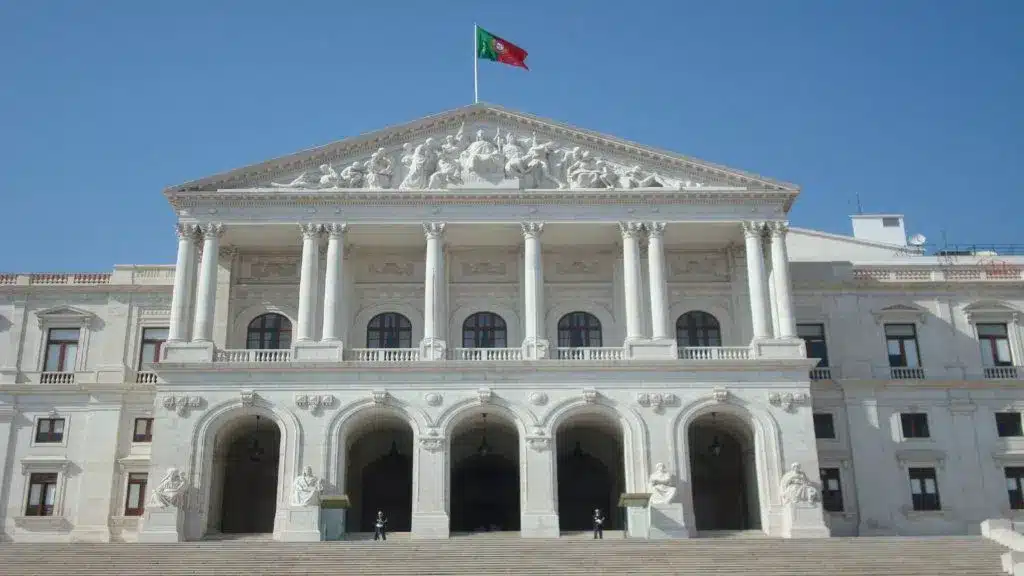Since the beginning of the week, the Portuguese Parliament has been debating the state budget for 2022. On the agenda is the vote on the various government proposals and amendments introduced by the parties. Unsurprisingly, the taxation of crypto currencies is the subject of particular attention from the MPs.
Recently, Portugal has also made a name for itself by its willingness to give a legal framework to crypto currencies. Indeed, Portugal is seen as a tax haven for its lack of taxation, especially on capital gains made in crypto currencies. Specifically, in Portugal, crypto currency transactions are not subject to capital gains tax or any other tax while the tax rate for financial investments is 28%.
For a few months now, a reflection work has been put in place to accelerate on the taxation of crypto currencies by the government.

Minority parties in Portugal want to move forward on taxation of crypto currencies
Both amendments came from the left-wing parties, Bloco de Esquerda and Libre. Their aim was to introduce a tax on capital gains above 5,000 euros. This was rejected by the parliamentary majority, although the goal of imposing a tax framework on crypto-currencies is still a priority.
Portugal’s deputy minister of finance and tax, António Mendes, spoke out about the rejection of these amendments during the parliamentary session. He still believes that the taxation of crypto currencies “is a complex reality” and that taxing capital gains alone may not be enough. Indeed, Portugal is also considering taxing crypto currencies at the level of VAT or wealth tax.
This rejection by the Portuguese parliament was welcomed by Derak Kapla, founder of DuoVerse.
He believes “any unreasonable taxation would have been negative for the growth of the crypto-currency sector”. While stating that a regulatory framework is welcome, he believes “lawmakers need to give the industry space to grow”. Indeed, the entrepreneur considers that “the crypto-currency sector is nascent and it would be unfair to apply a rate equivalent to that on capital gains”.
The ideological debate around the taxation of crypto currencies in Portugal is likely to continue in the coming months. For now, it is time for reflection rather than legislation.




